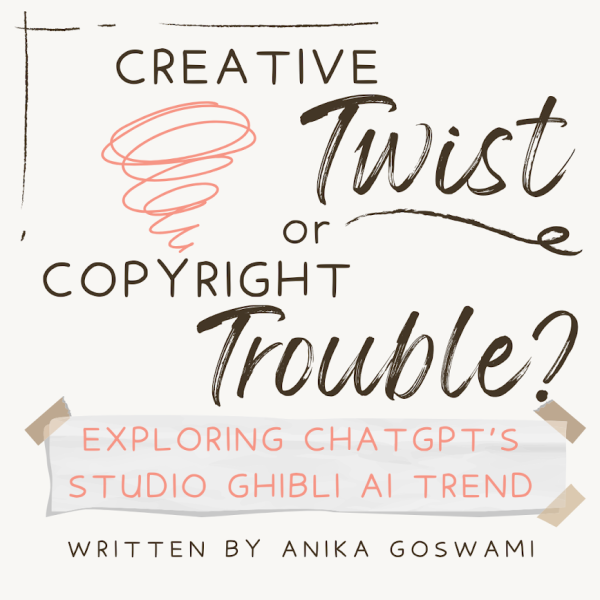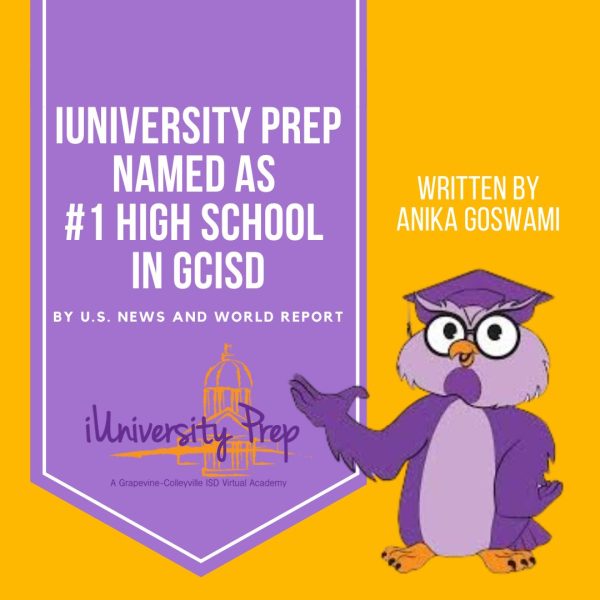NEWS ON NEW COVID VARIANT
What is the Omicron variant?
The joy and excitement of seeing friends and family for the holidays resulted in many escaping to a world without the very-dreaded COVID-19. However, no matter how much people wished COVID would just disappear, we are faced with the unforgivable reality that it can only pass with time. Now entering the frightful season when many people are exposed to viruses, there is a new variant of COVID. While the initial thought that runs into your mind when hearing this news may be extremely negative, the best thing to do is to stay calm and become informed. Let’s take a look at what this new variant is all about, and some ways that it could potentially affect the upcoming months.
Where, when, how?
While it seems like new COVID-19 variants appear out of nowhere, they are actually traced to a specific location. The Omicron variant first made itself known on November 24, 2021. Originally, it was called the “B.1.1.529” variant and later received the name “Omicron” as it became a variant of concern. An important note is that it did not originate in the United States, rather the first known case of this variant was reported to the World Health Organization in South Africa.
While there is a misconception that the vaccine is creating new variants, that is simply not the case. As viruses mature and pass from person to person forming new viruses, it is known that they mutate and form new variants. But how exactly does this happen? Well, a virus embeds itself in a host cell, and once that host cell duplicates during mitosis, the virus remains in the new cells creating more and more infected cells. During this process, a defect can occur in the new virus. Yes, viruses can make mistakes too! These mistakes lead to a slightly different version of the virus that may or may not be more transmissible than the prior version.
Because this variant is extremely new, scientists are working diligently to find out how transmissible it is, the severity of it, and how effective the vaccine is against Omicron. This process can take weeks, so until then, it is hard to confirm whether or not it could cause a big concern.
How could it affect large events and holidays?
It seems like we were finally getting to see family and friends and have more freedom in our everyday lives, but it is possible that this new variant could change this luxury for the worse. Until we know how this variant could affect the future of large events, it is wise to err on the precautionary side and avoid large, unnecessary events.
Omicron could even affect the future of iUP events. As new guidelines came out stating that schools could reopen, iUniversity Prep started to host their beloved meet-ups again. However, with this new variant, additional precautions will likely have to be followed. New guidelines might include mask-wearing, avoiding large gatherings, and reducing travel and outings. While it is disappointing to hear that we could have to follow these rules, just remember that they will pay off in the future!
Travel bans re-emerge:
To slow the spread of the Omicron variant, actions need to be taken as quickly as possible. One of these actions includes limiting travel into the United States. A total of 8 countries in Southern Africa have limited travel access to the U.S. These countries include Botswana, Eswatini, Lesotho, Malawi, Mozambique, Namibia, South Africa, and Zimbabwe. However, there are certain exceptions; residents of the United States and some other people who have been in one of these countries in the past 14 days can return to the U.S., in most cases. The United States moved swiftly as these restrictions were placed just 2 days after South Africa reported Omicron to the World Health Organization. Travel restrictions can be a scary concept, however, they ensure prevention and safety measures that will pay off in the future.
How to stay safe:
While it is not clear how transmissible or severe the Omicron variant is, there are preventive measures that you can take. Here is a detailed list of everyday practices that will help keep you safe:
1- Wear a mask in indoor settings. It is recommended that children aged 2 and up implement wearing masks in indoor spaces such as grocery stores or schools.
2- Stay 6 feet apart. At times, it can be difficult to stay 6 feet away from others, however, it is important to do so when possible.
3- Wash your hands routinely. Washing your hands is a great way to remove harmful germs after shopping, eating, or completing other daily activities.
4- Avoid large gatherings. In doing this, there is less risk of spreading harmful germs and is a great way to prevent sickness.
While these are just a few ways you can keep safe, you can visit https://www.cdc.gov/coronavirus/2019-ncov/prevent-getting-sick/prevention.html to learn about more prevention methods.
Student Thoughts:
Many of our students have heard of the new variant, however, some have not had a chance to catch up on the latest COVID news. Let’s hear from iUniversity Prep’s students about their initial reactions to the Omicron variant.
Anastyn Bragg is a student who was aware that the Omicron variant had emerged. She says “It doesn’t surprise me. Honestly, at this point, I feel like COVID isn’t ever going to go away.”
In addition to Anastyn, Maddox states, “I was just annoyed and frustrated, to be honest. The name sounds cool, but I’m so over COVID and have been for about 2 years. It’s a never-ending story.” She says that she might feel anxious or scared. In her words, “I’m scared for my family and friends, but not necessarily myself because I have a relatively good immune system.‘
Chloe says that she is worried about the variant as “Different people in my family are at great risk for COVID to be really harmful on the immune system, so it makes me anxious to be around others who I don’t know their vaccination status.”
Evan Larson, a student who was not aware of the Omicron variant says “The thoughts I currently have because I just learned. Basically “huh. interesting, but why Greek letters?”” He says that he might feel worried about Omicron. He states “COVID has never affected me directly, but a new variant will probably cause disruption in the world.”
Evan brings up a good question; what’s with the Greek letters? At the start of COVID, you may recall that the place of variant origin was going to be the name of the new variant. However, the World Health Organization determined that it could be confusing to keep up with over time. So, the solution was to use Greek letters to help people remember new variants more.
How to prevent stress:
One effect of all of the misinformation and the unknown is stress. While stress may be written off as a natural result of life, it is important to manage it, even if it might be a normal occurrence.
An effective way to manage stress about the Omicron variant includes staying informed on new information. There are many news sources that will deliberately try to spread misinformation to get a rise out of people and gain more followers. A guaranteed way to avoid misinformation and the stress that comes along with it is to get your information from reliable sources such as the Center for Disease Control and Prevention (CDC). This ensures accurate information and highly informative updates.
Another way is to not worry about things that have not happened yet! As of now, there has been no information on whether or not Omicron is highly transmissible or a severe variant. So, if it hasn’t been confirmed by a scientist, then try not to become anxious about it!
COVID is often a heavy and gloomy topic, so I asked some of iUP’s students for some positive words. What better way to relieve some stress than by reading some students’ words of encouragement!
Chloe says “If no one else sees you, I do, and I really do appreciate everything you do to protect yourself and others.”
In the wise words of Maddox, “We’ve got your back, fam.”
All in all:
Now that you have been informed about the new Omicron variant, you can be at ease and keep yourself safe until more details are released. Many people were just starting to go back to their daily routines, however, the new Omicron variant could make a dent in their progress. Time will tell the fate of this variant. Only one can hope that our holidays will be stress-free and filled with joy rather than lazy quarantine days.
Sources:
“Coronavirus Disease 2019.” Centers for Disease Control and Prevention, 2021, www.cdc.gov/media/releases/2021/s1126-B11-529-omicron.html.
“COVID-19 and Your Health.” Centers for Disease Control and Prevention, 2020, www.cdc.gov/coronavirus/2019-ncov/travelers/from-other-countries.html.
“How Do Viruses Mutate? | COVID Vaccine Facts.” Covid Vaccine Facts, www.covidvaccinefacts.org/questions/how-do-viruses-mutate.
“How to Protect Yourself & Others.” Centers for Disease Control and Prevention, 2021, www.cdc.gov/coronavirus/2019-ncov/prevent-getting-sick/prevention.html.

Hello! My name is Lainey, and I am a sophomore at iUniversity Prep. This is my 6th year at iUPrep. I love the creativity that writing brings, and I am...








Danny • Dec 6, 2021 at 4:03 pm
Wow, this was really informative. I didn’t know exactly how COVID mutated until now. Very good read.